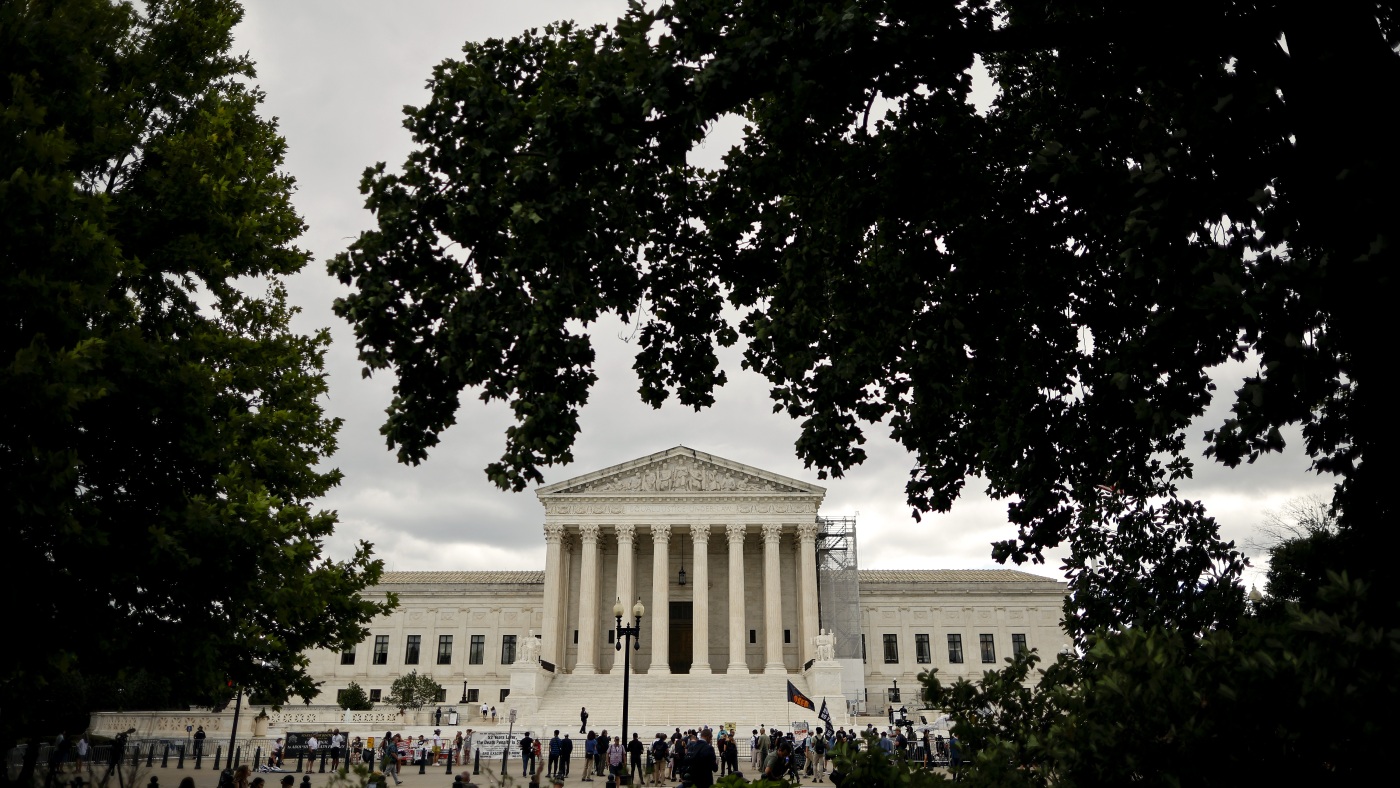The U.S. Supreme Court recently upheld a Tennessee law that bans all gender-affirming care for minors. As a result, about half the states in the U.S. have similar restrictions, while the rest still allow some forms of care, like hormone treatments for teens.
The vote was 6-to-3, mostly along party lines. Supporters of the law, such as state Sen. Jack Johnson, expressed joy over the ruling. He compared it to other age-related restrictions, like banning minors from getting tattoos or drinking. Johnson believes this law protects kids from making decisions that could lead to irreversible consequences.
The case was brought by three teens and their parents in Tennessee. They argued that the law violated their constitutional rights. They pointed out that the same medications banned for transitioning minors are available to treat other medical conditions in kids, like endometriosis or early puberty.
Representatives from the ACLU, who defended the teens, noted that major medical organizations like the American Medical Association and the American Academy of Pediatrics support these treatments as safe for teenagers.
Interestingly, Johnson mentioned that many Western European countries have faced similar debates. Some have recently reversed or limited access to these treatments after noticing that the negative effects might outweigh the benefits.
This Supreme Court decision marks a significant victory for Tennessee and 24 other states, leaving several key issues unresolved. Questions remain about whether doctors can continue treatments if stopping them poses risks. Furthermore, the debate continues over parental rights in making medical decisions for their children. As these debates unfold, the impact on schools and sports remains to be seen, with communities divided on this issue.
The conversation surrounding gender-affirming care is growing, and social media reflects strong opinions on either side. Recent surveys indicate that public sentiments are shifting, with a notable increase in support for LGBTQ+ rights among younger generations. As this landscape continues to evolve, the implications of such regulations will be closely watched.
For more on the implications of the Supreme Court’s decision, you can refer to research from the American Psychological Association about the importance of supportive care for transgender youth.















:max_bytes(150000):strip_icc()/146572-sweet-cornbread-cake-ddmfs-1X2-1283-0c93c838bd944500bc6267c9c40dcff5.jpg?w=480&resize=480,480&ssl=1)






